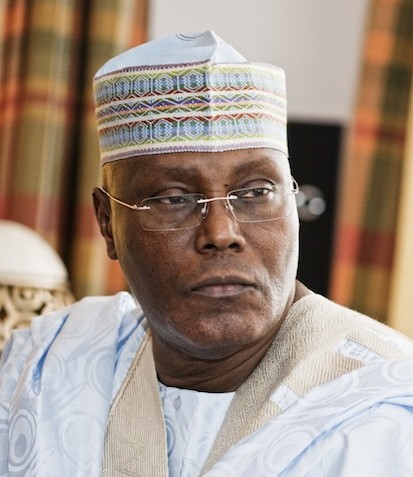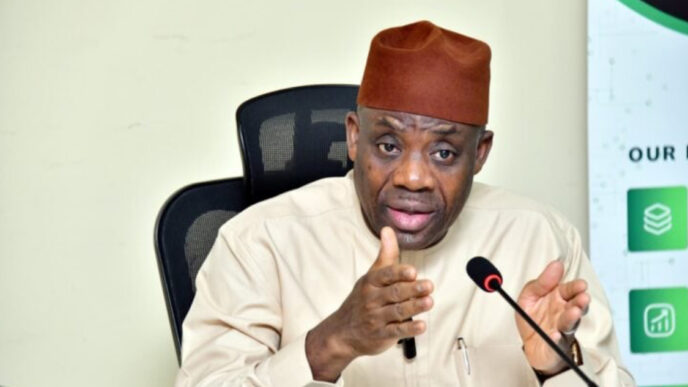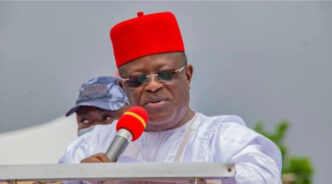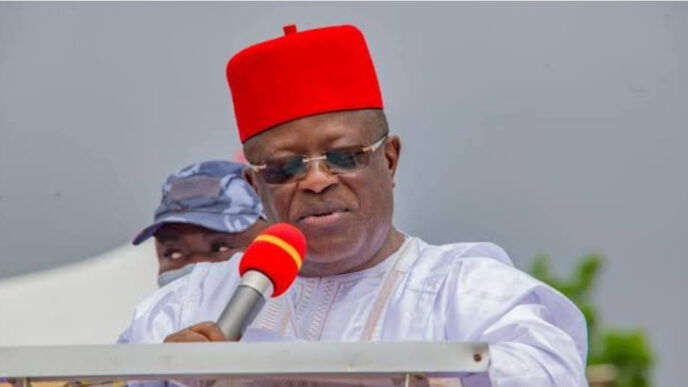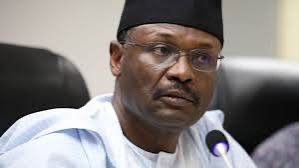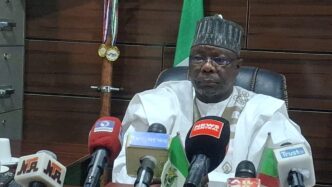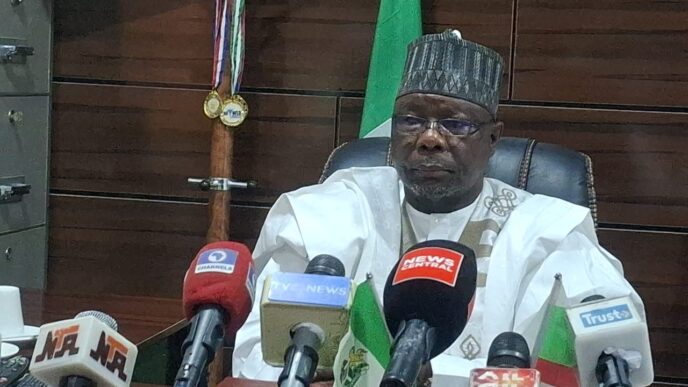Former Vice-President Atiku Abubakar has criticised President Bola Ahmed Tinubu over the alleged reckless use of the presidential pardon, saying that it encourages criminality.
Gatekeepers News reports that in a statement on Sunday, Atiku said the recent exercise of clemency by the president betrays the spirit of the constitutional power it is meant to represent and has sparked outrage nationwide.
Atiku said, “The recent announcement of a presidential pardon by President Bola Ahmed Tinubu has, as expected, provoked outrage across the nation.”
“Ordinarily, the power of presidential pardon is a solemn prerogative, a moral and constitutional instrument designed to temper justice with mercy and to underscore the humanity of the state.”
“When properly exercised, it elevates justice and strengthens public faith in governance. Regrettably, the latest pardon issued by the Tinubu administration has done the very opposite.”
He condemned the inclusion of individuals convicted of serious crimes such as drug trafficking, kidnapping, murder, and corruption, describing it as “a dangerous signal” that weakens the moral authority of leadership.
The former VP added, “Granting clemency to those convicted of grave offences not only diminishes the sanctity of justice but also sends a disturbing message about the values this government upholds.”
Atiku further expressed concern that nearly one-third of those pardoned were convicted for drug-related crimes, saying it was deeply troubling given Nigeria’s ongoing struggle with narcotics abuse among the youth.
He said, “Particularly worrisome is the revelation that 29.2 percent of those pardoned were convicted for drug-related crimes at a time when our youth are being destroyed by narcotics.”
The former Vice President also criticised what he described as a “moral irony,” referencing past controversies linked to the president.
He said, “Even more disturbing is the moral irony that this act of clemency is coming from a president whose own past remains clouded by unresolved issues relating to the forfeiture of thousands of dollars to the U.S. government over drug-related investigations.”
Atiku maintained that a presidential pardon should represent reform and moral redemption, not a mockery of justice.
He warned, “Clemency must never be confused with complicity. When a government begins to absolve offenders of the very crimes it claims to be fighting, it erodes the moral authority of leadership and emboldens lawlessness.”
Recall that recently, the National Council of State approved presidential clemency for 175 individuals, including Herbert Macaulay, Nigeria’s foremost nationalist who was jailed by colonial authorities in 1916 for alleged fraud; Farouk Lawan, a former lawmaker convicted of bribery; Major-General Mamman Vatsa, executed in 1986 over alleged treason; and Maryam Sanda, sentenced to death in 2017 for killing her husband.
Other beneficiaries include drug offenders, illegal miners, white-collar convicts, and foreign nationals.
According to Bayo Onanuga, Special Adviser to the President on Information and Strategy, Tinubu approved the clemency based on reports that many of the convicts had demonstrated remorse and good conduct.

